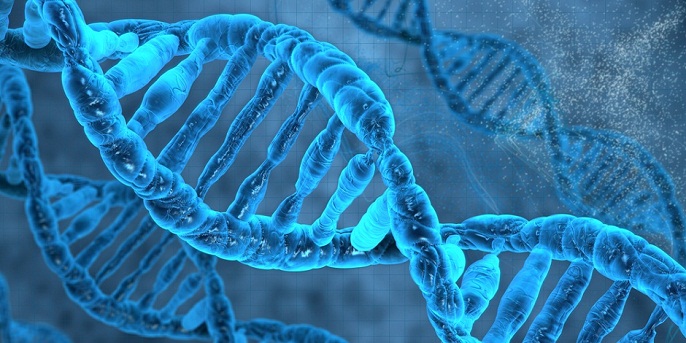

Graduates have a better chance of finding work, particularly in the fields of scientific writing, pharmaceuticals, and fish product manufacturingĪlso Read: BSc Courses List for Science Students after 12th.



The BSc Life Science course prepares students for advanced studies in Life Sciences, such as an MSc, MPhil, and PhD, or an MSc in Biotechnology, or even an MBA.Students learn and improve on skills such as computation, speaking and writing, critical and analytical thinking, microscopic and inferential skills, and the ability to work long hours.Because the programme involves the processes of change from molecular to cellular life in various organisms, students may have the opportunity to experiment on a wide range of plant and animal species.Students can learn new techniques for research analysis in advanced research laboratories and industries because a lot of microscopes and other equipment are used for experimenting during the course. The average starting BSc Life Science salary for a graduate is INR 1.5 - INR 4 LPA, which increases with years of work experience and knowledge in the field. They may also choose to teach or conduct additional research. Graduates could also work as Pathologists, Nutritionists, Horticulturists, Biomedical Engineers, or Food Scientists in the private and public sectors. Candidates may also pursue an MBA programme, an MSc in Biotechnology, or Clinical Research. Following a BSc in Life Science, candidates can pursue a master's degree in the subject, followed by an MPhil or PhD. In different BSc Life Science colleges, the average BSc Life Science course fee ranges from INR 10,000 to INR 1.5 Lakh. The programme also provides electives and skill-enhancement courses (SECs) through the University Grants Commission's Choice-Based Credit System (CBCS) (UGC). Plant Biology, Biochemistry, Food Science, Biotechnology, Bioinformatics, Agricultural Science, Molecular Biology, Botany, Zoology, and Chemistry are the primary BSc Life Science subjects covered in this course. The BSc Life Science course, which included both practical and theoretical knowledge, was introduced in the 2005-2006 academic year. BSc Life Science course programme is a three-year undergraduate programme that focuses on the study of various life processes in plants, animals, and organisms.


 0 kommentar(er)
0 kommentar(er)
